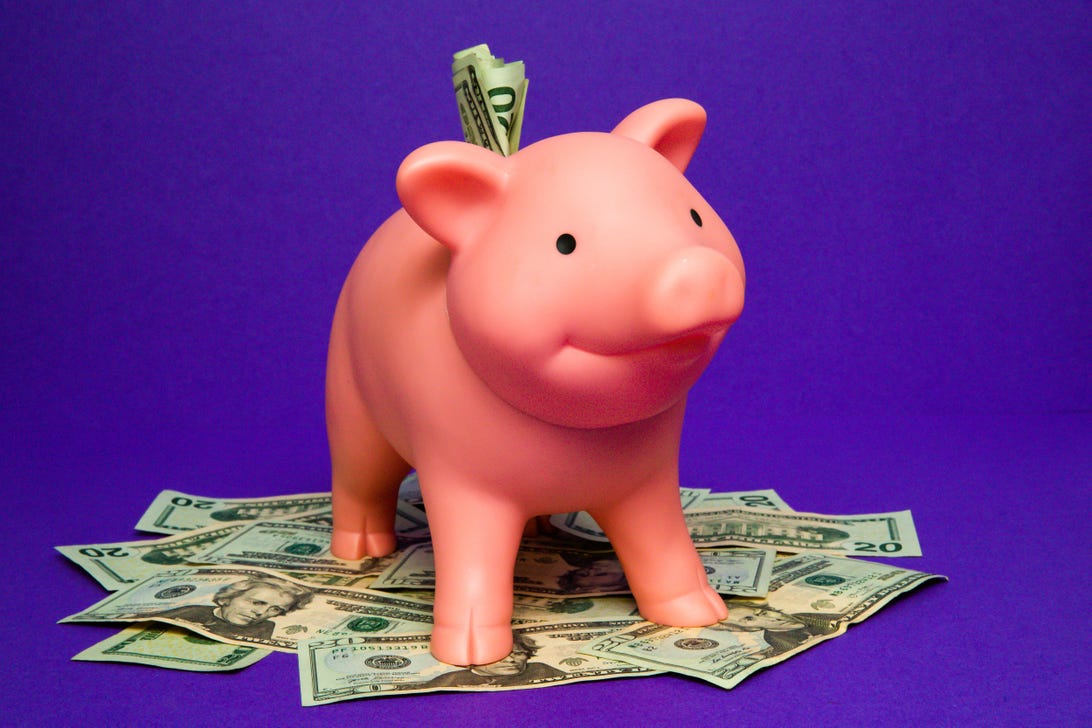



Are you ready to start paying back your student loans?
Sarah Tew/CNET
President Joe Biden extended the student loan forbearance once he took office in January. The updated pause lasts until the end of September. With the possibility of Biden forgiving student loan debt appearing to be unlikely, borrowers will need to make a plan for paying back their loans.
Paying off student loans can be a daunting task, especially if you’re just out of college. This forbearance period is an ideal time to sit down and figure out the best way to knock out your loans.
Know your current financial picture
Before getting ready to pay off your student loans, it’s important to understand where you stand financially. List your income, your debts and other responsibilities you have.
“While you need to make the monthly minimum payments on all of your debts (unless your student loans are within their grace period or are in forbearance), listing them out will help you to identify and prioritize which debts you may want to tackle first,” said Lauren Anastasio, a certified financial planner at SoFi.
There are budget apps available on iOS and Android that can help with understanding your current financial status. Once you understand where your money from each paycheck needs to go, then you can start to figure out the best way to pay off your loans.
One option is to focus on whatever account has the lowest balance while paying the minimum on the other accounts. This is known as the “snowball method.” The goal is to pay off accounts as quickly as possible.
Or there’s the “avalanche method,” where the focus is on paying off debt with the highest interest rate. The goal here is to save the most money on interest.
Refinance your student loans
When the forbearance ends, refinancing is a great option to consider. Loan rates are low, and there’s a good chance that with a high credit score, you could get a lower interest rate. Just dropping the annual percentage rate by 1% on a $20,000 loan over 10 years could save you more than $1,000.
Before choosing a bank to refinance a student loan, you have to double-check the numbers. Make sure you’ll get a lower APR than you have currently, and that it’s at a fixed rate. Adjustable rates will be lower, but it’s hard to determine how things will change in the future.
The other number you have to check on is the monthly payment. Student loans can have terms of up to 25 years, which can make for a low payment. Banks that refinance will likely limit you to 10- or 15-year terms, potentially increasing what you pay each month. But you’ll pay far less interest overall. If you can handle the larger monthly payment, then refinancing could be beneficial.
What’s important is to make the ideal choice for what you can afford.
Pay a little extra each month
For some people, this is easier said than done, but any extra payment will be a benefit. For example, let’s say you have a $20,000 student loan with 5% interest that you want to pay off in 10 years. Your payment would be $212 a month, and the total amount paid at the end of the term would be $25,456. Adding just $10 a month to your payment would save you $300 in interest and pay off the loan six months earlier.
Cutting your monthly expenses by even a small margin, and then using that extra money on a student loan can make a big difference. Every dollar helps.
Don’t ignore your debt
It’s easy to forget about student loans now, thanks to the forbearance. But that reprieve won’t last forever, so it’s best to come up with a plan.
Loan servicers have options to make your payment more affordable if you’re still not secure financially. Don’t push these loans off. If you do, it could negatively affect your credit. And ultimately, the government can garnish your paycheck by 15% to pay for loans in default.
Here are some other good ideas, to use as inspiration:
How to be totally prepared for your first student loan payment
